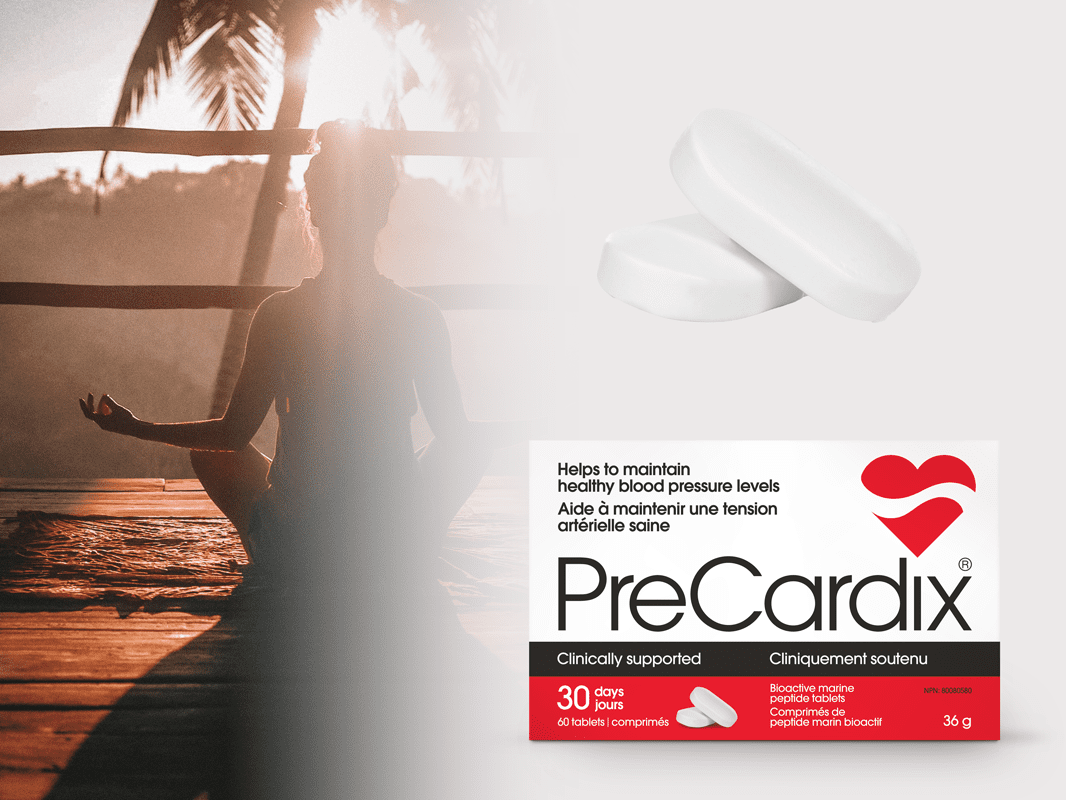In the complex landscape of nutritional science, fats have often been the subject of confusion and misinformation. Yet, understanding the differences between saturated, unsaturated, and trans fats is crucial for heart health.
These fats have varying effects on cardiovascular wellness, influencing everything from cholesterol levels to the risk of heart disease. Coupled with the use of heart health supplements like Precardix, making informed choices about dietary fats can significantly impact heart health. This article explores the roles of different fats in heart health and provides guidance on selecting heart-friendly fats, highlighting how Precardix can support these dietary choices.
The Different Types of Fats
Saturated Fats
Saturated fats are typically solid at room temperature and are found in animal products such as meat and dairy, as well as some plant oils like coconut and palm oil. Consuming high amounts of saturated fat can raise LDL (bad) cholesterol levels in the blood, increasing the risk of heart disease. Moderation is key when it comes to saturated fats.
Unsaturated Fats
Unsaturated fats, which are usually liquid at room temperature, are considered beneficial for heart health. They are found in foods like olive oil, avocados, nuts, and fatty fish. Unsaturated fats can help reduce LDL cholesterol levels and increase HDL (good) cholesterol, offering protection against heart disease.
Monounsaturated Fats
These fats, found in olive oil and avocados, can improve blood cholesterol levels and stabilize heart rhythms.
Polyunsaturated Fats
Polyunsaturated fats, including omega-3 and omega-6 fatty acids found in fish and certain plant oils, are essential for body functions and heart health.
Trans Fats
Trans fats are created through the industrial process of hydrogenation, which makes liquid vegetable oils into solid fats. Found in many processed foods, trans fats are known to increase LDL cholesterol, decrease HDL cholesterol, and raise the risk of heart disease. Avoiding trans fats is crucial for heart health.
Choosing Heart-Friendly Fats with Precardix
Emphasize Unsaturated Fats
For a heart-healthy diet, focus on including more unsaturated fats. Incorporate sources of monounsaturated and polyunsaturated fats, such as olive oil, nuts, seeds, and fatty fish, into your meals. These fats not only support heart health by improving cholesterol profiles but also provide essential nutrients that support overall wellness.
Limit Saturated and Trans Fats
Reduce intake of saturated fats by choosing lean meats, low-fat dairy products, and cooking with vegetable oils instead of butter. Avoid trans fats by steering clear of processed and fried foods, which often contain partially hydrogenated oils.
Supplement with Precardix
Integrating Precardix into your heart health regimen can complement the benefits of a diet rich in heart-friendly fats. Precardix is designed to support cardiovascular wellness, working alongside healthy dietary fats to enhance heart health. By focusing on unsaturated fats and incorporating Precardix, you can take a proactive approach to maintain cardiovascular wellness.
Understanding the impact of different types of fats on heart health is essential for making informed dietary choices. By emphasizing unsaturated fats, limiting saturated and trans fats, and supplementing with Precardix, individuals can support their cardiovascular wellness effectively. This holistic approach to heart health, combining diet and supplementation, empowers individuals to take control of their cardiovascular well-being, ensuring a stronger, healthier heart.
Subscribe & Save
Two tablets. Every day. A lifetime of health.
Consistency is the key to maintaining healthy blood pressure levels and supporting your heart health. By taking two PreCardix® tablets every day, you’re building a daily routine that promotes long-term cardiovascular wellness and vitality.
Important Information
Always consult with your healthcare provider before making changes to your blood pressure management plan. PreCardix® does not treat, cure, or prevent medical conditions. Measure and monitor blood pressure regularly. Know the signs of heart attack and stroke.
Do not take PreCardix® if you are under age 18, if you are pregnant or breastfeeding, have renal artery stenosis, have a history of angioneurotic edema, or have a shellfish allergy. Consult product guidelines for additional information. Print and share the product monograph with your healthcare provider.
PreCardix® is an innovation of Marealis Inc. a Norwegian Bio-Tech company dedicated to finding natural, sustainable, and effective marine-based solutions for blood pressure health, globally. Designed in Norway. Manufactured in Canada.









